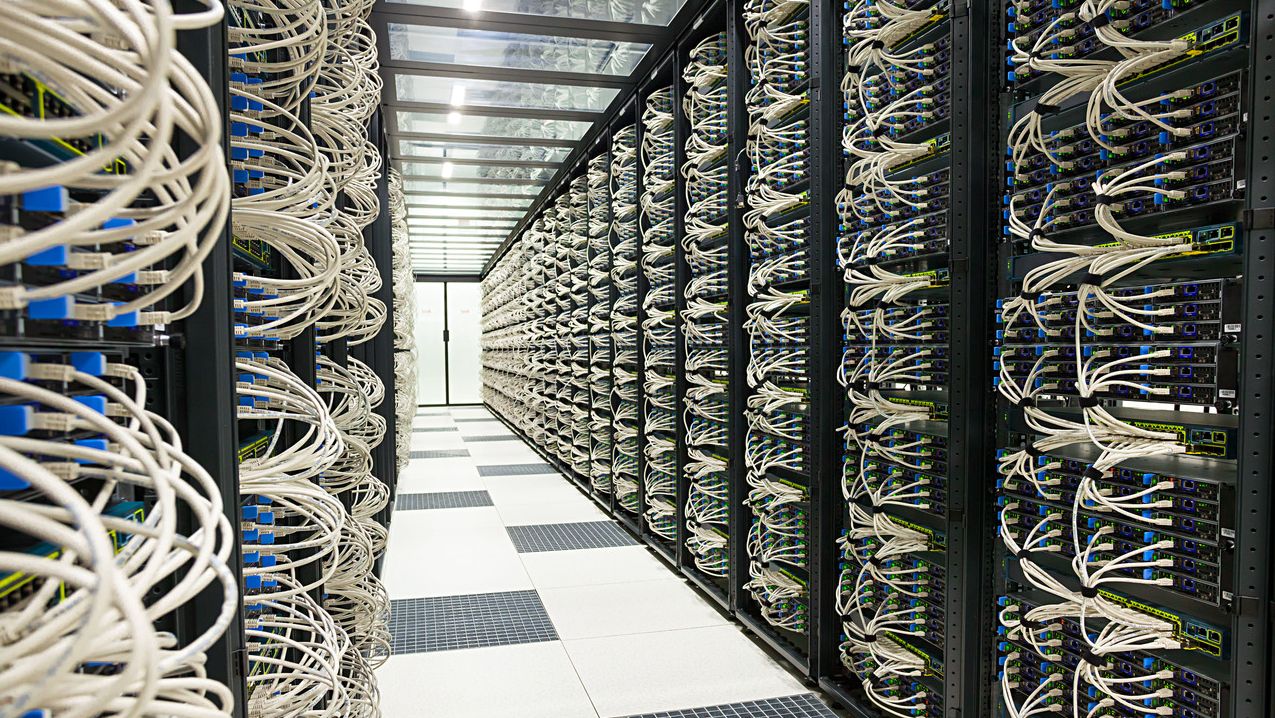Securing the Digital Future: Why Data Center Transparency is Crucial for the Philippines and Beyond

The data center industry stands at a critical juncture. Fueled by relentless technological innovation and increasingly sophisticated demands from businesses and individuals alike, the sector is undergoing a profound transformation. In the Philippines, and globally, the responsibility of data centers extends far beyond simply housing servers and networks. It’s about being a trusted guardian of the digital realm – a role that demands a new level of transparency and accountability.
The Rise of Data and the Need for Trust
We live in a data-driven world. Every online transaction, social media post, and cloud-based application relies on the infrastructure provided by data centers. As the volume of data continues to explode, so too does the importance of ensuring its security, privacy, and ethical handling. Filipino businesses, from e-commerce platforms to financial institutions, are increasingly reliant on these services, making the need for robust and trustworthy data centers more pressing than ever.
Beyond Technology: Societal Expectations
Today's consumers and businesses aren't just concerned about performance and cost; they want to know how their data is being managed. They demand transparency regarding data security protocols, energy consumption, and environmental impact. This shift in societal expectations is driving a fundamental change in how data centers operate. Simply put, trust is becoming a key differentiator in a competitive market.
Transparency: The Cornerstone of Trust
Building trust requires a proactive approach to transparency. This means:
- Open Communication: Data centers need to communicate clearly and regularly with stakeholders about their operations, security measures, and sustainability initiatives. This could involve publishing regular reports, hosting open forums, and engaging with the media.
- Independent Audits: Third-party audits and certifications, such as ISO 27001 and PCI DSS, can provide independent validation of security practices and build confidence.
- Data Sovereignty and Localization: Addressing concerns about data residency and compliance with local regulations, like the Philippine Data Privacy Act (RA 10173), is paramount.
- Sustainability Initiatives: Demonstrating a commitment to environmental responsibility through energy-efficient technologies, renewable energy sources, and responsible waste management is increasingly important.
- Cybersecurity Best Practices: Implementing robust cybersecurity measures and proactively addressing potential threats are essential for protecting data from breaches and attacks.
The Benefits of a Transparent Approach
The benefits of embracing transparency extend beyond simply building trust. It can also lead to:
- Enhanced Reputation: A reputation for transparency can attract and retain customers, partners, and investors.
- Improved Operational Efficiency: Increased visibility into operations can help identify areas for improvement and optimize performance.
- Reduced Risk: Proactive transparency can help mitigate risks related to data breaches, regulatory compliance, and reputational damage.
- Competitive Advantage: In a crowded market, transparency can be a powerful differentiator.
Looking Ahead: The Future of Data Centers in the Philippines
As the Philippines continues to embrace digital transformation, the role of data centers will only become more critical. By prioritizing transparency and accountability, the industry can build the trust necessary to support the nation’s economic growth and ensure a secure and sustainable digital future. The time for action is now. Data centers must proactively engage with stakeholders, demonstrate a commitment to ethical practices, and embrace transparency as a core business value.






